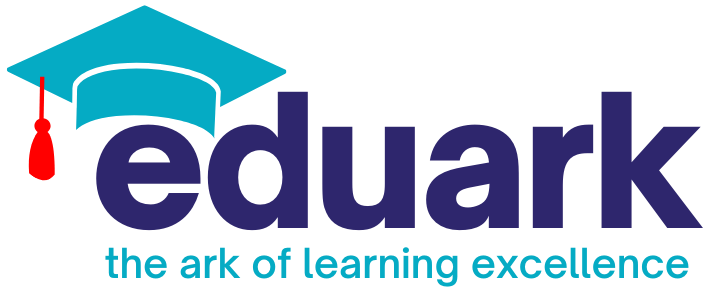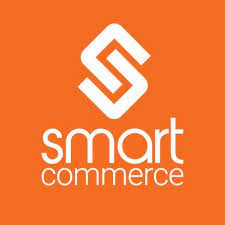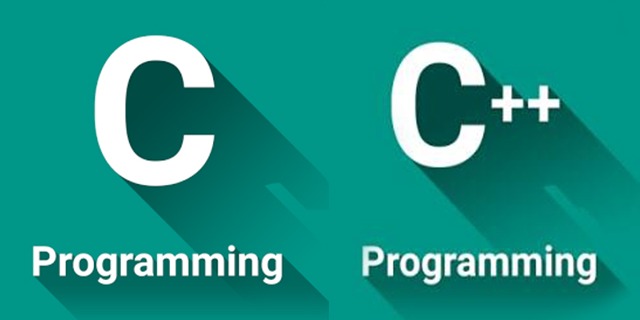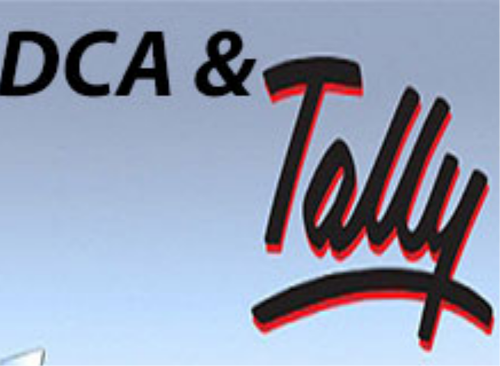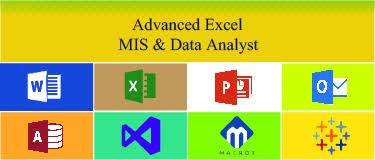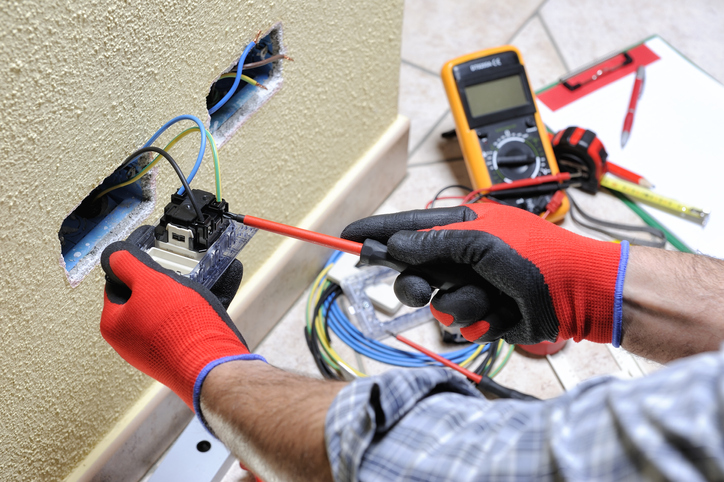
About Course
The Certificate Course in Electrical & Electronics is a specialized program designed to provide students with foundational knowledge and practical skills in the fields of electrical and electronic engineering. This course focuses on the core principles of electricity, electronics, and electrical systems, and is ideal for individuals interested in pursuing a career in the electrical and electronics industry. It combines theoretical learning with hands-on experience, preparing students to work in various industries such as power generation, automation, telecommunications, and consumer electronics. Course Overview: The Certificate Course in Electrical & Electronics offers an in-depth understanding of electrical circuits, systems, and electronic components. Students will explore the fundamentals of electrical engineering, including the operation of electrical circuits, power generation, electronics devices, and their applications in various industries. The course emphasizes practical knowledge, enabling students to troubleshoot, repair, and maintain electrical and electronic systems. Key Topics Covered: 1. Introduction to Electrical and Electronics Engineering: Overview of Electrical and Electronics: This module introduces students to the basic concepts of electrical and electronics engineering, including the distinction between electrical systems (involving power) and electronic systems (dealing with signal processing). Applications of Electrical and Electronics: Students will gain insight into how electrical and electronic engineering is applied in everyday life, from household appliances to industrial machinery and telecommunication systems. 2. Basic Electrical Theory: Electricity and Current: Students will learn about the fundamentals of electricity, including voltage, current, resistance, and power. This includes understanding Ohmís Law, Kirchhoff's laws, and the principles governing electrical circuits. Types of Circuits: The course covers both AC (alternating current) and DC (direct current) circuits, with an emphasis on how each type is used in various applications. Students will also explore series and parallel circuits, resistors, capacitors, and inductors. Power Generation and Transmission: An introduction to how electrical power is generated (e.g., through turbines, solar, wind), transmitted (e.g., through power lines), and distributed to homes and industries.
Student Ratings & Reviews
More Courses by studyhub-admin
This course includes:
- Level Expert
- Duration 12 Duration
- Last Updated
